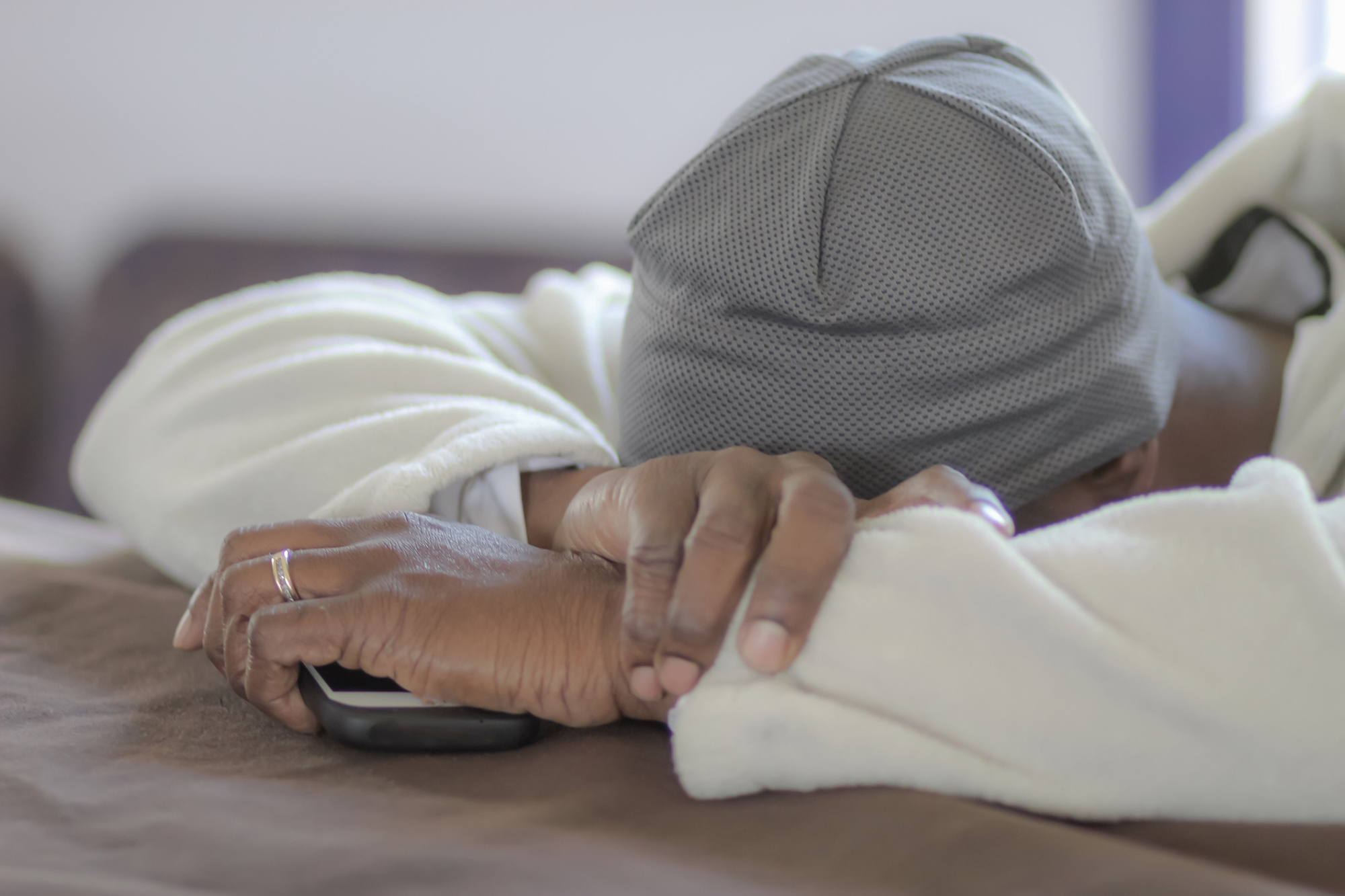- the dead zine.
- Posts
- The hands that served in times of grief
The hands that served in times of grief
Issue 004

The menu at the 200th anniversary of Salem, Massachusetts in September 1828 was perhaps not out of the ordinary for the time period. Oyster pies, veal fricandeau, halibut a-la mode for the first course, a sampling of roasted duck, beef, turkeys and quail for the second course. As the meal progresses and closes, a smorgasbord to satisfy any lingering sweet tooth: preserved peaches, apples, pears and quinces, puddings, pies and custards. The man who cooked this feast was also not out of the ordinary during the time period: his name was John Redmond, a Black man.
During the 19th and early 20th centuries, Black people revolutionized culinary businesses that we now refer to as catering. The term catering first came into the lexicon as a commonly uttered word within the hospitality industry during the 1860s and originally was a mechanism of the elite. Caterers were used as private cooks for certain families or cooking up elaborate meals like that of what John Redmond, alongside his wife Nancy, prepared in Salem.
Black cooks—skilled in their own right and often the progenitors of dishes that have been cemented within what most Americans know about food—had a separate entry to this field and way of working. Unable to frequent most restaurants, banquet halls and other spaces that would either be rented or host hordes of people for a sit-down, plated meal, the earliest Black caterers were often called upon for their edible expertise.
They outcooked anyone and their spins of classics were innovative and creative. No matter the city, there was a network of in-demand Black caterers who otherwise were not considered valuable or important aside from what they could provide. For money. A transactional exchange.
Upon looking back at that history, there are certain cities that standout as hubs, so to speak, for creating an infrastructure of Black caterers continuing to inspire the industry as it twists and turns even today. In the very Black city of Philadelphia, there’s Albert E. Dutrieuille and Robert Bogle. The latter preceded the former, as he opened a “posh eatery” in 1813 on South 8th Street, where a historical marker denotes where it once stood. Albert E. Dutrieuille in the early 1900s catered dinners for both the Black and white elite, building a relationship with the Catholic Church as an additional client pool.
Newport, Rhode Island, a surprising city unbeknownst to me until I traveled there to research some years ago, has a deep history of Black caterers who cooked throughout Newport. Duchess Quamino was one of those, though the cooking she often did was to supply baked goods. She was known, after all, as the pastry queen of Rhode Island. Cuffy Cockroach, Newport’s first Black caterer, and Elleanor Eldridge, a cheesemaker in Warwick, Rhode Island.
These women and men are not unlike those within our families, friend circles and greater communities. Those who during any time of need—whether it be a jubilant celebration or one centered on remembrance at wakes, memorials or funeral services—showed up with their hands as tools of contribution. Who thinks in terms of serving size, large aluminum pans, tablecloths, plastic cutlery, and oh, how the hell are we gonna transport all this food without spillage?
When I think about Black caterers, I think about the “little people,” those who cooked in obscurity and primarily wanted the work they were doing to get the attention, not them. I also think about Black women who were catering in untraditional ways, thinking ahead and supplying food in times of urgent need, especially during the Civil Rights Movement throughout the Black South. A time period heavy with mourning for lives stolen through the violence of racism.
I think about Georgia Gilmore from Montgomery, Alabama. How she lovingly created The Club from Nowhere as a mechanism of keeping Montgomery Bus Boycotters fed for more than a year as they carpooled, walked and demanded a less degrading experience riding on segregated buses.
It was her hope to use her hands to feed a movement and minister to weary souls. Nothing Georgia cooked would be seen as fancy, in comparison to some of the earliest cooks who served up high class, multi-course meals. Georgia was a country cook from Alabama—one that cooked such nourishing, nostalgic Southern food that Dr. King later gave her money to open her own restaurant within her home.
Because Atlanta is always on my mind and within every mental connection I make, I also think of Myra Miller. Born enslaved in Virginia in 1811, she was sold to someone in Rome, Georgia because she was such a great cook. In the late 1870s, during Reconstruction, Myra and her husband moved to Atlanta where she opened a bakery. Everyone wanted a cake from Myra. Eventually, she was shipping her wedding fruit cakes all across the country.
We call them caterers but I’d like to think that they were and still are doing far more than catering to the primal needs of which most Black celebrations revolve around. They are and have always been our memory makers, the holders of our cooking secrets, proof that blazing our own path built on our own determination for our survival’s sake can meet a fulfilling end. And that in times of mourning, hands and their subsequent efforts are more than enough.

Like what you read? Want to support this work on Black grief? Consider becoming a paid subscriber for $7/month or $70/ a year.



Reply